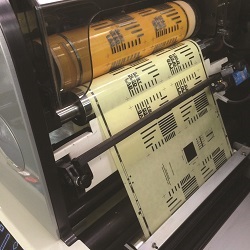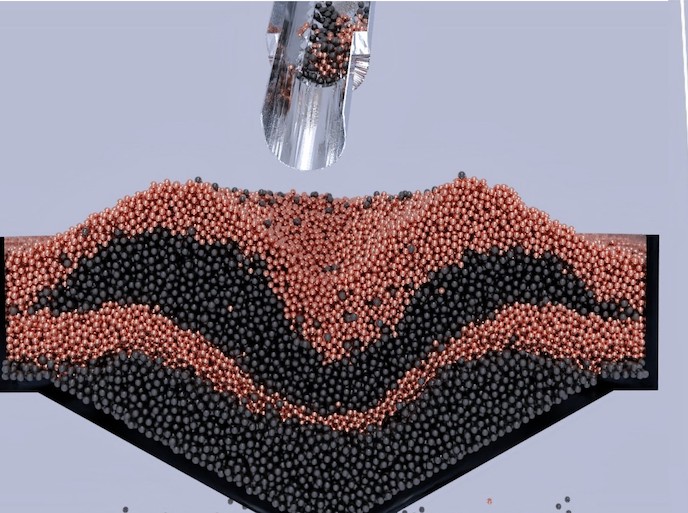New heating solution for commercial buildings
The European Commission has set a 20 % energy efficiency target by 2020. An EU directive is helping to contribute to this objective by aiming for nearly zero energy in new buildings by the same year. Concerted action is being taken to invest in future low-energy buildings. However, existing buildings represent 99 % of all building infrastructure, while the construction rate for new buildings stands at a paltry 1 %. To address this, the RADCARPET(opens in new window) (Radiant heating wall-to-wall carpet for energy efficiency space heating of existing non-residential buildings) project designed an innovative technical system that is targeted at and optimised for the efficient use of energy in existing buildings. It focuses on space heating, which is the second largest contributor to the energy consumption of non-residential buildings. Project partners developed an easily installable wall-to-wall carpet primarily for the heating of offices, hotels and educational buildings. The radiant heating floor solution is expected to save nearly 60 % of total thermal heating energy. The floor surface heats up the room or area, thus providing an energy-efficient and cost-effective alternative to traditional heating sources. The carpet flat shape enables efficient heat release as much as two times compared to water pipes or electric cables. In addition, special tufts offer very high heat dissipation capacity, 15 times higher than synthetic ones, due to their very large surface area, which is made of polyamide fibres. Except for the thermal conductive upper surface (tufted primary backing), the tuft carpet consists of the intermediate non-woven heating layer and a thermal insulating bottom layer (secondary backing). Electrotextile connections were developed amongst the carpet layers and between the carpet and the power supply, together with a smart control system with an embedded temperature sensor. RADCARPET is overcoming barriers to refurbishing existing buildings by introducing a non-intrusive, simple and inexpensive solution for reducing energy consumption. By reducing the energy consumption of existing and future commercial buildings, project outcomes will ultimately play a key role in the EU's 20-20-20 objectives on energy efficiency.







